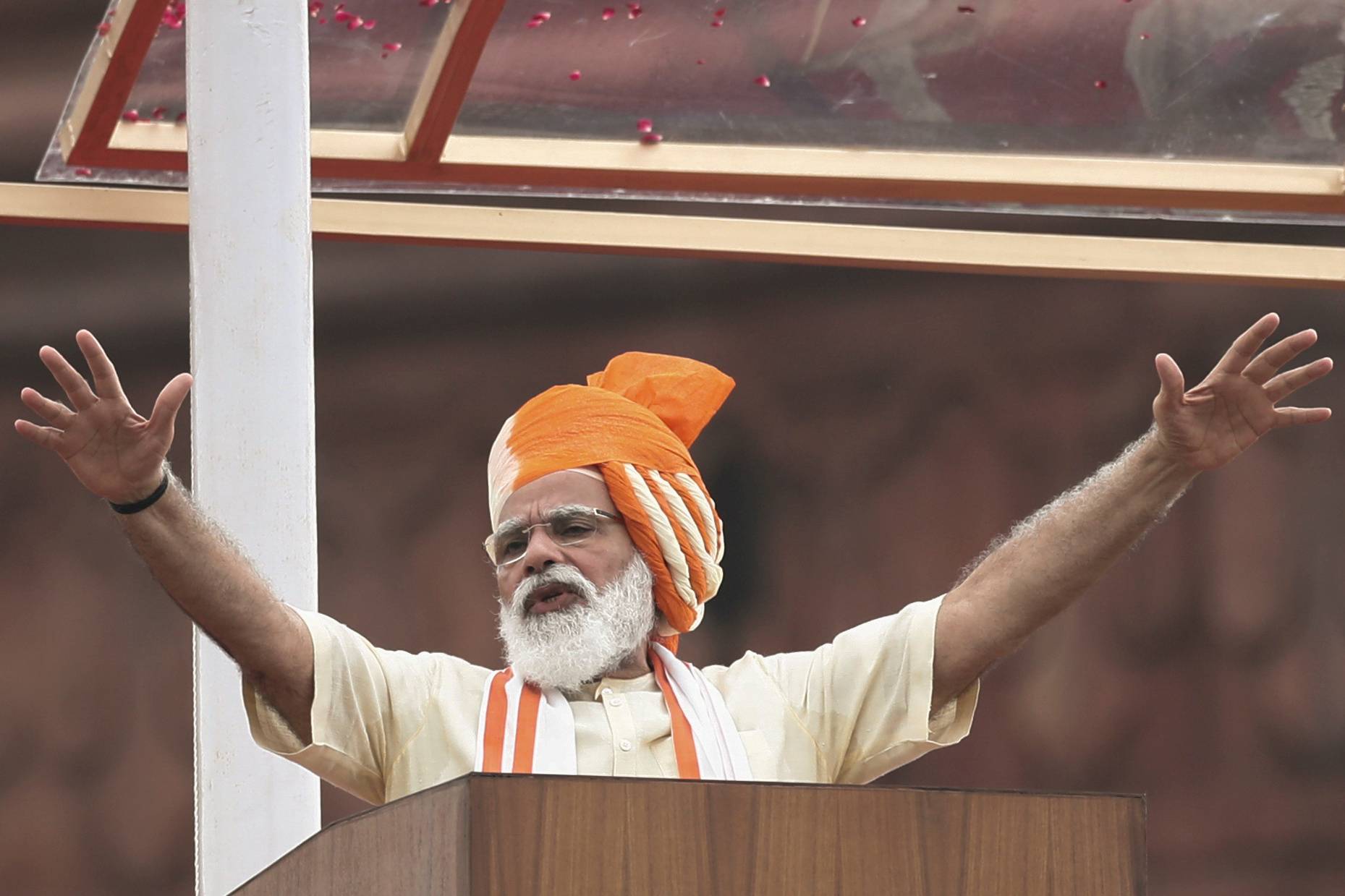A chain is only as strong as its weakest link. The Quadrilateral Security Dialogue process brings together Japan, Australia, India and the United States as an informal grouping of democracies to cooperate around the vast and critical Indo-Pacific maritime space.
India has always been the weakest link in the chain. Its sizable armed forces equipped with nuclear weapons are a bulwark against China’s much superior military might. Still, it’s a very poor country with a per capita income of only 3% to 5% of the other three; a weak state with limited capacity to govern a billion plus population; and a soft state without the political will to make and implement tough decisions.
The second wave of COVID-19 in April and May is India’s biggest national tragedy and international embarrassment since partition in 1947. The national and world press covered this in graphic detail (more than they would in their own countries), with images of people gasping to death on the streets, bodies piled up awaiting last rites and cremation and mass numbers of corpses floating in the Ganges River, many of which having washed up on its banks. Prime Minister Narendra Modi’s carefully cultivated competence bubble has been punctured by the open display of mass ineptitude.



















With your current subscription plan you can comment on stories. However, before writing your first comment, please create a display name in the Profile section of your subscriber account page.